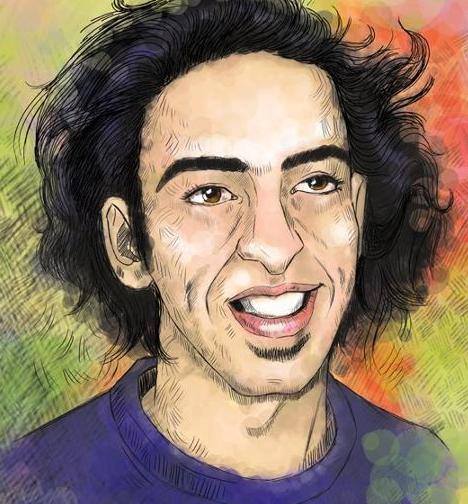Thousands of Coptic Christians marched down the streets of Cairo demanding equal citizenship. The chants were loud, the slogans rhymed, and the resolve was unwavering.
The date: first week of October 2011; the cause: a series of incidents of sectarian violence against the Christians of Egypt. As a sign of rejection of the status quo, a number of symbolic and peaceful demonstrations were scheduled in different parts of Egypt during that time. In Cairo, the plan was to camp in front of a landmark of Egypt’s main propaganda outlet: the National Media Broadcasting Center (Maspero). The burning and orchestrated destruction of the Marinab Coptic Church in the southern city of Aswan accompanied by the government’s passive response in containing the violence, specifically by the Governor of Aswan, triggered a flood of emotions among the Copts as well as many of Egypt’s Muslims.
During that period, the streets of Cairo were already relentless in demanding social change. The Copts, being a part of the national fabric of Egyptian society, and after years of passiveness, rose to the challenge and demanded change: equal citizenship and justice. The marches were peaceful but the chanting was sharp and critical. Apparently, the words struck a nerve among some members of the Supreme Council of the Armed Forces (SCAF), the interim ruling military entity governing Egypt after the January 25 revolution in 2011, and a decision was made to contain the Copts’ demonstrations and prevent them from camping down in front of Maspero.
Just as much as the Copts’ slogans were loud and penetrating, so was the military’s reaction, except the loudness of the Armed Forces was manifested in their AK47 guns and the bullets pierced the bodies of the marching civilians. The crowds were stunned that the military was using live ammunition. To add insult to injury, an order was given to disperse the crowd using armed personnel vehicles and many died crushed under its wheels. At the end of the massacre, some two dozen Copts were slaughtered in front of Maspero. The Maspero massacre of 9 October 2011, is Egypt’s small scale version of China’s 1989 Tiananmen Square massacre of hundreds of Chinese student protestors in Beijing: both committed by the military against civilians in cold blood.
In a televised broadcast, two days afterward, the generals appeared on national TV claiming that the soldiers acted in self-defense and used pictures of two soldiers with bandaged wrists to justify the use of force. The generals denied the use of live ammunition and announced that the military prosecutor would conduct a thorough investigation. Ironic as it is, the principles of military justice adopted by the United Nations Human Rights Commissions clearly states:
In all circumstances, the jurisdiction of military courts should be set aside in favor of the jurisdiction of the ordinary civilian courts to conduct inquiries into serious human rights violations such as extrajudicial executions, enforced disappearances and torture, and to prosecute and try persons accused of such crimes.
But again, who are we to question the integrity of the military prosecutors? Indeed, few months after the Maspero incident, and in a reverse tide, the military prosecutor produced a report containing a list of a dozen Copt activists charging them with old-school and vague accusations: “disturbing public peace” and “seeking to harm public order.”
Facts remain, during that period, the military was running the country and being a rigid hierarchical entity, orders strictly flow from top to bottom. Some brass must have ordered the soldiers to use live ammunition to disperse the crowd, some brass must have provided the written report to broadcast live on public national television lies that the Christians are attacking the peaceful soldiers, some brass must have ordered the soldiers to disperse the crowd using armed personnel carriers. The man who has to know the inside story and details of the tragic events of 9 October 2011, has to be the head of the military intelligence: then General Abdel Fattah al-Sisi. Perhaps, in some fifteen years, al-Sisi in his retirement years will narrate to us such details in his best-selling biography.
In remembrance of the free-spirited Mina Daniel who was shot dead on that night along with the other slain Copts.

[Photo courtesy of the Popular Current Party`s official Facebook page.]
[This article originally appeared on Mada Masr.]